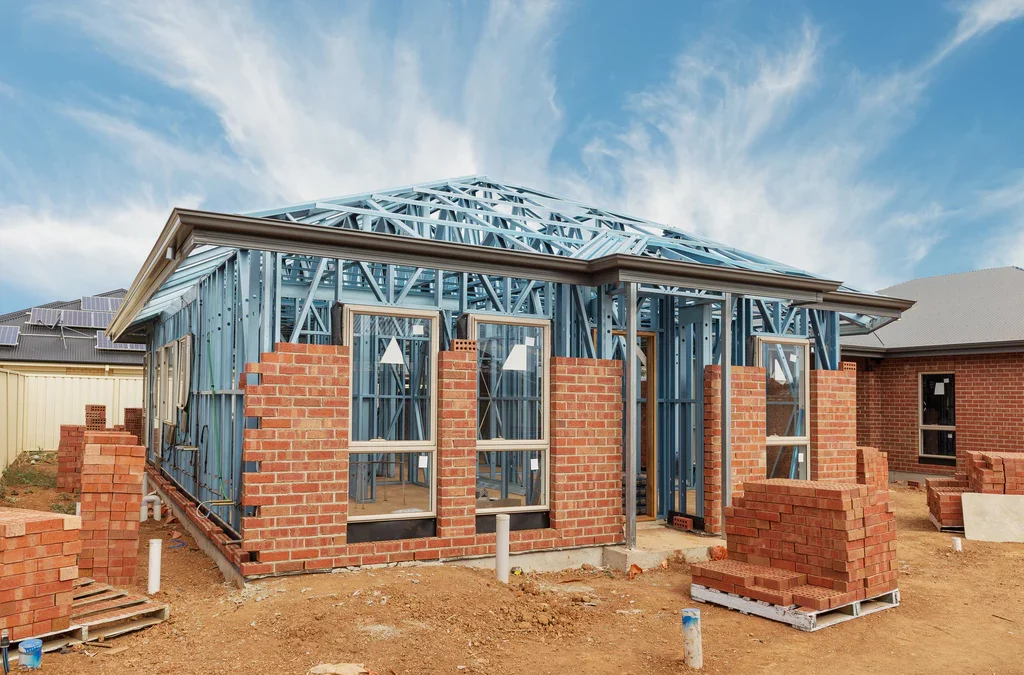Metal building homes are becoming increasingly popular due to their durability, energy efficiency, and design flexibility. However, like any building material, metal also has some disadvantages that should be considered before making a decision to build a metal home. Here are some of the disadvantages of metal-building homes:
Cost:
While metal buildings can be more cost-effective in the long run due to their durability and energy efficiency. They can be more expensive to build upfront than traditional wood-framed homes. This is because metal buildings often require specialized equipment and skilled labor to construct.
Noise:
Metal buildings can be louder than traditional homes, particularly during heavy rain or hail storms. This is because metal can amplify sound and vibration. Which can be a disadvantage for those who prefer a quieter living environment.
Temperature Control:
While metal buildings are known for their energy efficiency, they can also be challenging to heat or cool evenly due to their high thermal conductivity. This means that heat or cold can easily transfer through the metal walls, requiring more energy to maintain a comfortable temperature.
Design Limitations:
While metal building homes offer a wide range of design options, there may be some limitations to the design due to the nature of the metal building material. For example, it may be more difficult to create a traditional or rustic style home using metal materials.
Maintenance:
While metal buildings are low maintenance in terms of durability, they still require regular maintenance to prevent rust and corrosion. This can involve painting or coating the metal, which can be time-consuming and expensive.
Building Code Restrictions:
Depending on the location and zoning laws, there may be restrictions on building metal homes. Some local codes may require specific building materials, design features, or insulation requirements that may limit the use of metal buildings in certain areas.
Perceived Value:
Some buyers may perceive metal building homes as less valuable or less attractive than traditional homes, which could impact resale value. This perception may change over time as metal building homes become more popular and widely accepted.
In conclusion, while metal building homes offer many advantages, such as durability, energy efficiency, and design flexibility. They also have some disadvantages that should be considered. These include the upfront cost, potential noise and temperature control issues, design limitations, maintenance requirements. Building code restrictions, and perceived value. However, with careful planning and attention to these factors, a metal building home can be a great choice for those looking for a durable, energy-efficient, and unique living space.

